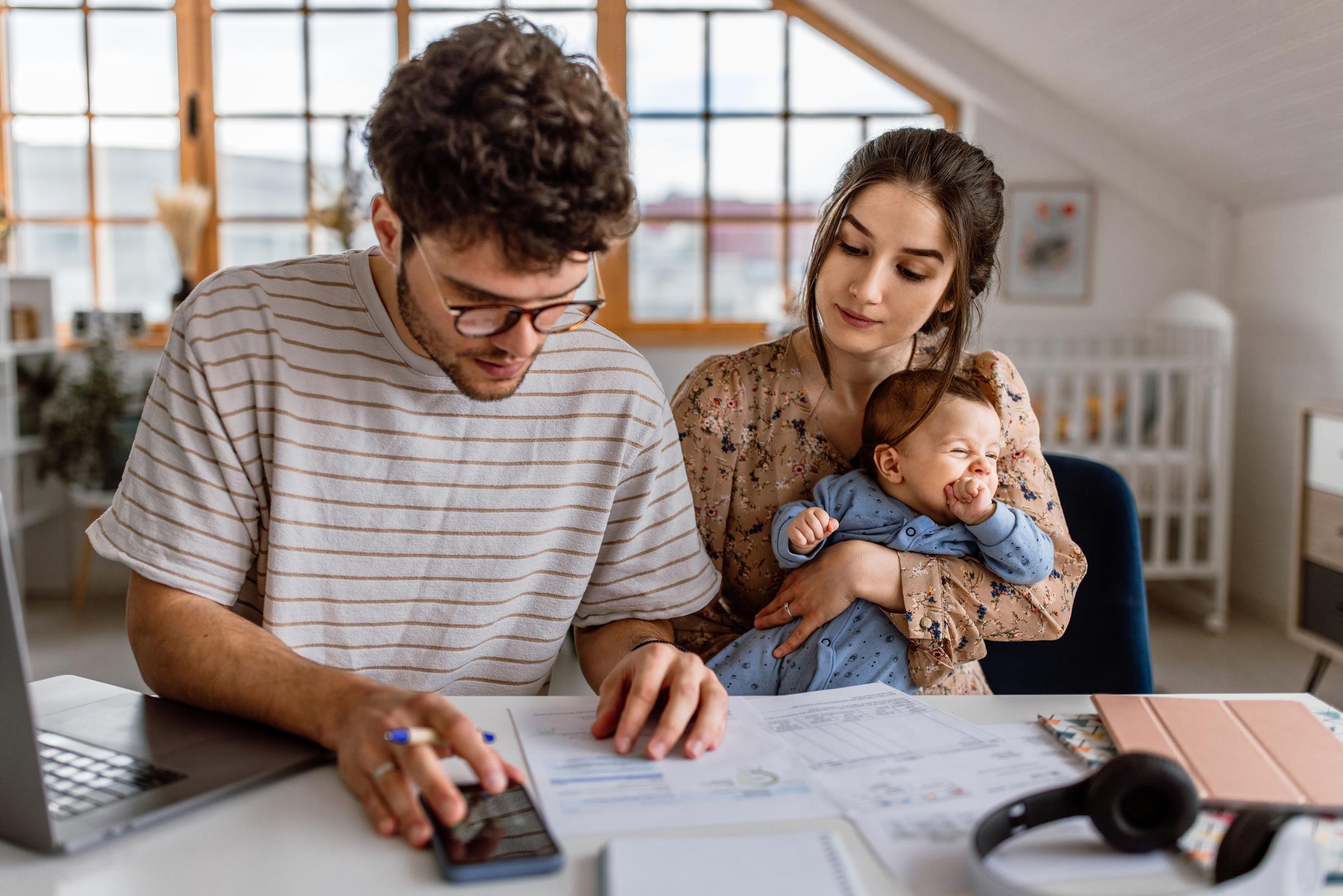How much do I need to save to buy my first home?

In this guide
How much do I need to save to buy my first home?
If you're thinking about buying your first home, a deposit is usually the biggest upfront cost. Most lenders ask for at least 10% of the property price. But some lenders do offer mortgage deas with smaller deposits; especially for first time buyers.
That said, the more you can save, the better. A bigger deposit means:
- You’re more likely to be accepted for a mortgage.
- You could unlock lower interest rates.
- You’ll pay less in the long run.
That’s because a bigger deposit reduces your loan-to-value (LTV) ratio — the amount you borrow compared to the value of the home. Mortgages with a lower LTV usually come with lower interest rates. So while saving more might mean waiting a little longer, it could help you spend less over the lifetime of your mortgage.
How much should you save?
That depends on what matters most to you.
Want to get on the property ladder quickly? You might aim for the minimum deposit.
Happy to wait and save more? You could access better mortgage deals later.
Whichever route you take, remember, your deposit isn’t the only cost. You'll also need to budget for things like:
- Legal fees
- Surveys
- Moving costs
- Stamp duty
We've written a handy guide outlining the additional costs first time buyers should save for.
Make a plan with our First Home Steps app
It can all feel a little overwhelming, but you don't have to work it all out alone.
Our First Home Steps app breaks down the costs of buying your first home and helps you build a savings plan that suits your lifestyle and goals.
- Saving your deposit
Buying your first home can feel overwhelming
Our free app is designed to guide you through the process of buying a first home. Follow the steps to get to grips with the jargon and understand what to do and when to get mortgage-ready.